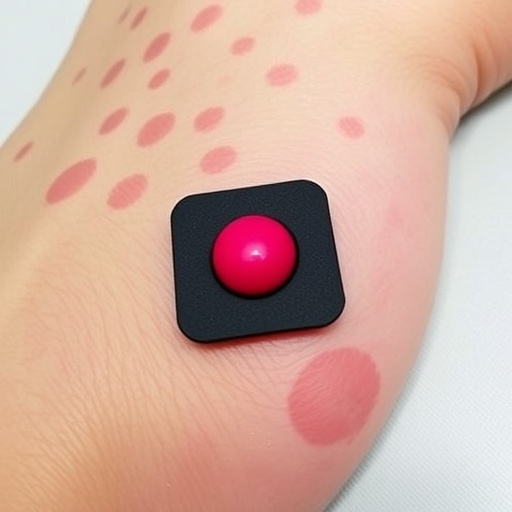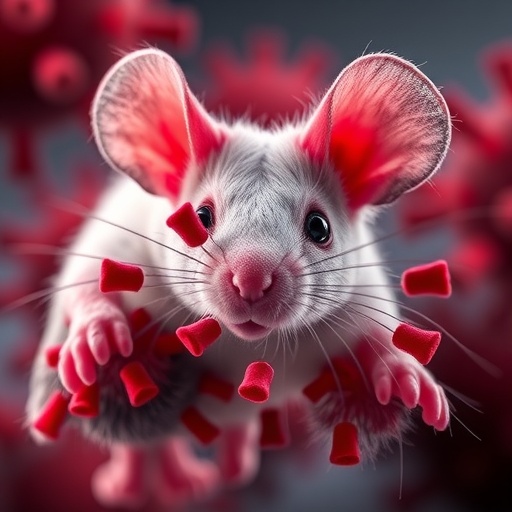It is known from previous research that the ER-beta estrogen receptor often has a protective effect. A new study from Lund University in Sweden has found that this effect is more pronounced in patients that undergo chemotherapy.
"If the finding is confirmed in further studies, it could contribute to women with the highest risk getting more frequent check-ups and/or additional treatment besides chemotherapy, or possibly limit chemotherapy to the women in the high risk group", says Karin Elebro, PhD student and lead author of the study.
"We have investigated an estrogen receptor called ER-beta in tumours from close to 1 000 women who underwent surgery for breast cancer between 2002 and 2012.
This revealed that outcomes were better for the women in the study who had a high expression of the receptor, compared to those who had a low expression. When we examined more closely the additional treatments the women received after surgery, the protective effect was more pronounced in those who had received chemotherapy", explain Karin Elebro and Helena Jernström, researcher and associate professor in experimental oncology.
There are two main types of estrogen receptors – ER-alpha and ER-beta – both of which are present in normal cells and in cancer cells. ER-alpha is well known to researchers, whereas ER-beta has not been studied as much.
"Previous studies of estrogen receptor ER-beta have mainly focused on anti-hormonal treatment and not on chemotherapy. This is why it seems particularly valuable for the next step to be a study of women who have undergone chemotherapy. It should be possible to conduct an analysis equivalent to our study on tumours in previously conducted randomized trials in which women were given chemotherapy, in order to confirm our findings.
This is important as we currently have so few markers capable of predicting which women will benefit most from chemotherapy", says Helena Jernström.
###
Media Contact
Karin Elebro
[email protected]
46-701-563-953
@lunduniversity
http://www.lu.se
############
Story Source: Materials provided by Scienmag




